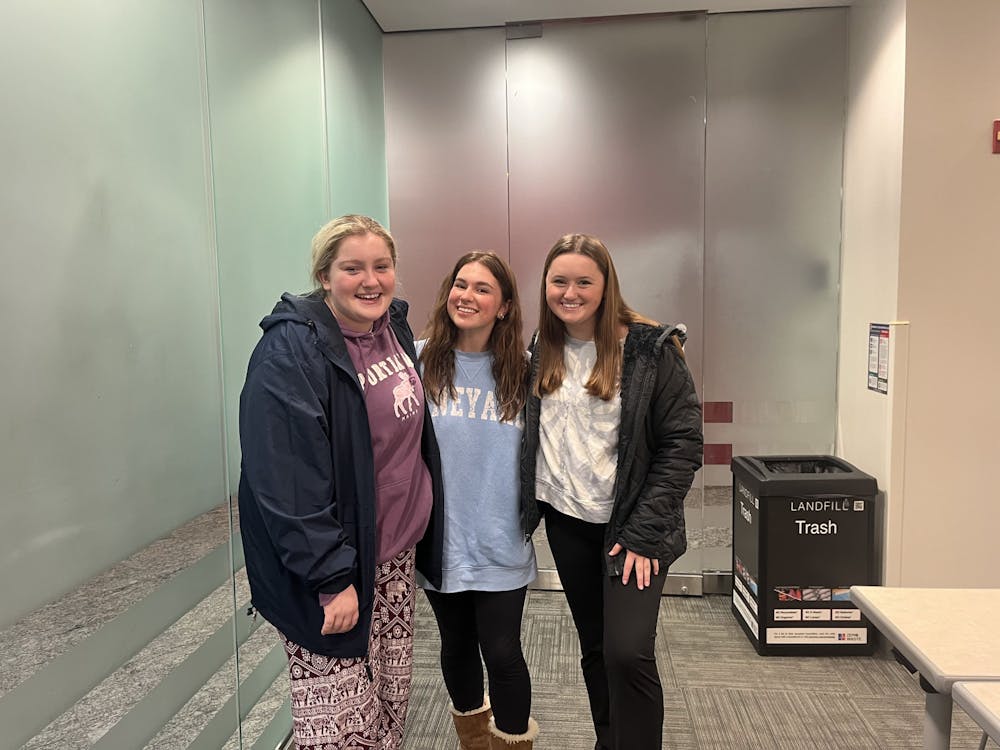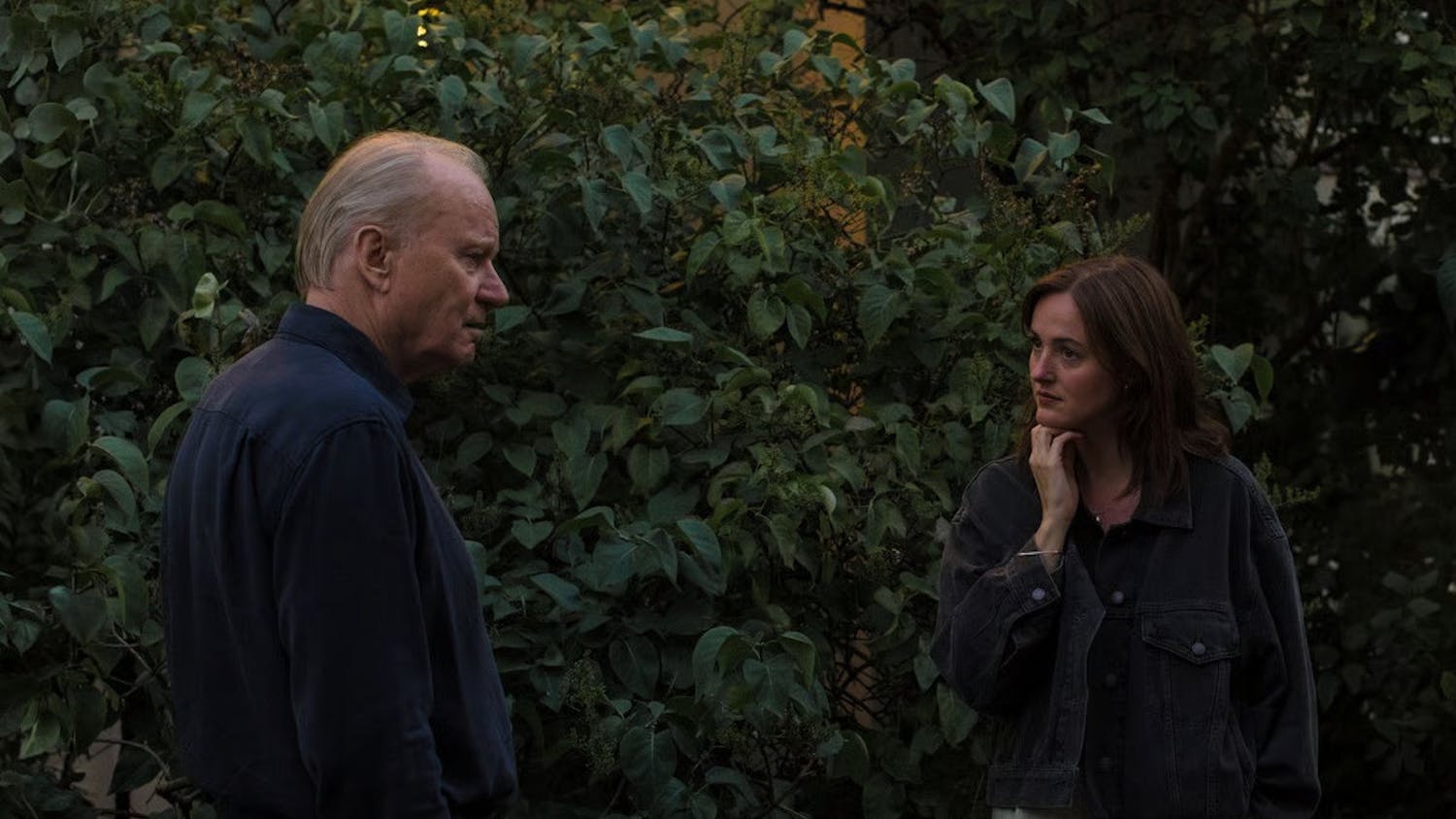Students and a registered dietitian, Alex Raymond, who specializes in eating disorder treatment, discussed challenges with navigating body negativity and “toxic diet culture” during the upcoming holiday season on Nov. 15 in Mary Graydon Center.
Isabella Brooke, a junior in the College of Arts and Sciences and the president of AU Body Neutrality Coalition, said that during the holiday season it can be especially tough for students to have conversations about food. Brooke said that students’ bodies can go through changes during college that can be “trickier to navigate” when they return home to the people they have not seen in months.
“Thanksgiving is obviously a notorious time for kind of hard family discussions,” Brooke said. “I've experienced food kind of being the central part of Thanksgiving, which now I love, but it used to be so hard for me. And so I think it's really important to get advice on how to approach those situations.”
Raymond suggested that if students hear a negative comment at holiday dinners, they should find a family member that shares the same perspective on dieting and food to “kick under the table.” Other strategies Raymond mentioned were to leave the dinner table or try to bring up a different topic, such as the football score.
“It's always nice when you can roll your eyes with someone else at the table,” said Raymond during the event. “And you're not rolling your eyes only to yourself.”
Raymond also shared specific strategies for students to combat “toxic diet culture” such as intuitive eating, which follows a health at every size, or “HAES” framework.
“A lot of times we equate weight with health,” Raymond said at the event. “Weight loss culture is pretty rampant in our society. Instead, let's look at each individual and see what they might need to do to kind of work on their relationship with food.”
The main goal of health at every size and intuitive eating is to establish a healthy relationship with food that fits your body's needs, according to Raymond. Intuitive eating also rejects traditional diet rules.
During the event, Raymond cited a book titled “Intuitive Eating” and laid out 10 principles for students looking to implement intuitive eating strategies. One of the principles is to eat foods that make you feel good. For example, Raymond said if you have an exam in the morning, it is important to fuel your body with breakfast or maybe another snack to get you through your exam.
“Basically this idea that we're going to work on making sure that you're trusting your body's hunger and fullness cues,” Raymond said during the event.
Raymond also debunked the claim that intuitive eating will lead to eating the same junk food for every meal. She cited an experience she had with a client who tried to eat chocolate ice cream for every meal during the weekend to see if she would actually get tired of it, and the client did.
“If I haven't let myself have chocolate ice cream or chocolate cake for a year for two years, it's always been off limits, it makes sense that the body is going to crave it,” Raymond said. “So really the only way to kind of change that, if that's something that a person wants to change, is actually to allow themselves to have the food.”
Raymond compared what and how much people eat to a pendulum. Sometimes people eat more, and sometimes we eat less, and that is perfectly normal, she said.
“Unfortunately, diet culture demonizes binging, emotional eating and overeating: all of that stuff. On some level, it really is normal,” Raymond said during the event.
Raymond also debunked many myths about what she referred to as “toxic diet culture.” Brooke said she heard that celery has negative calories; Raymond replied that that doesn’t make sense, because calories are supposed to give us energy.
Raymond emphasized that it is difficult to change someone’s mind about dieting and not everyone wants to change their perspective. However, she gave tips for students “to fix their relationship with food” if that is what they strive for.
“If you're getting negative energy, that's not really a good thing,” Raymond said.
Correction: A previous version of this story listed an incorrect acronym for Health at Every Size.





